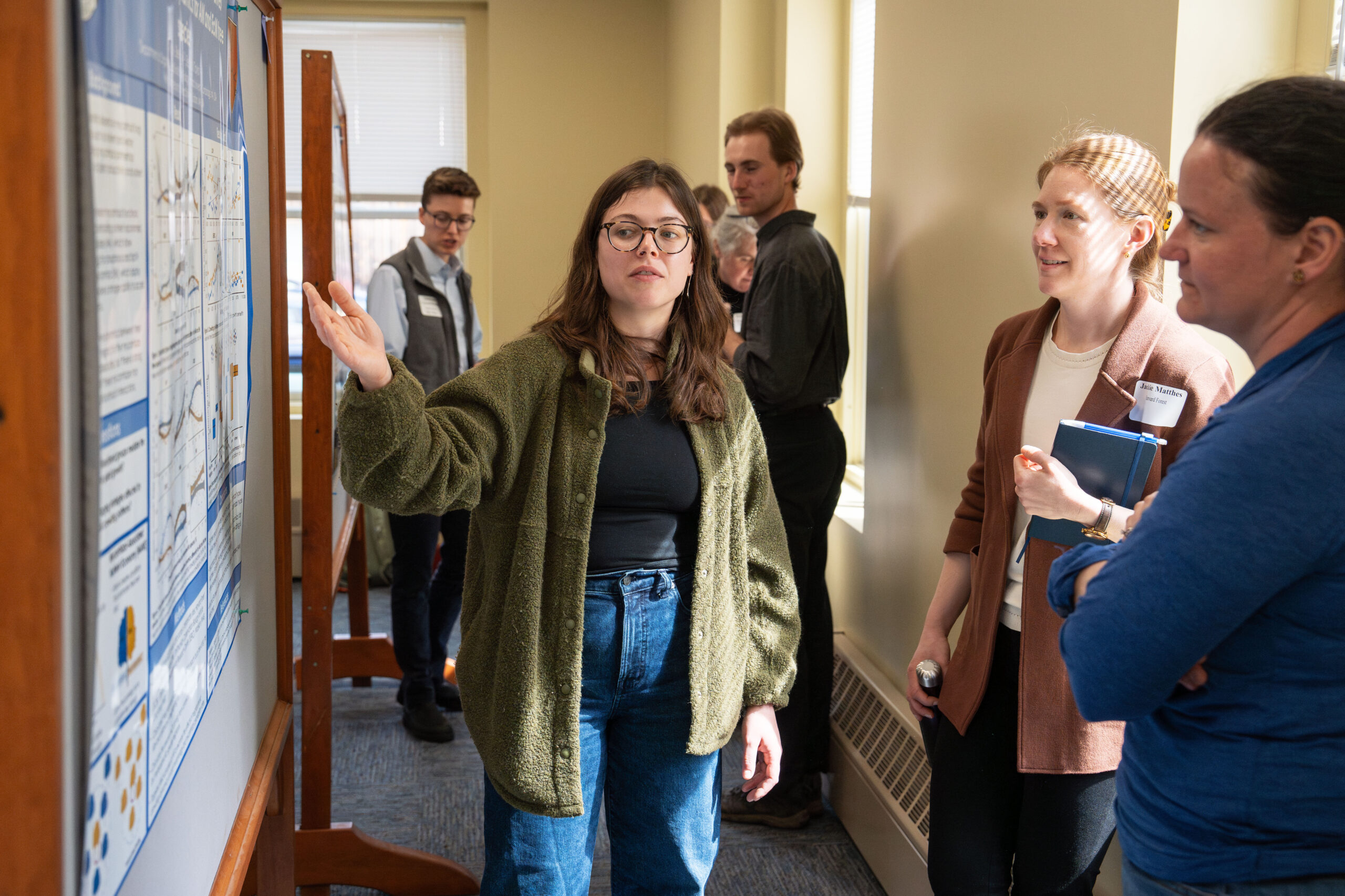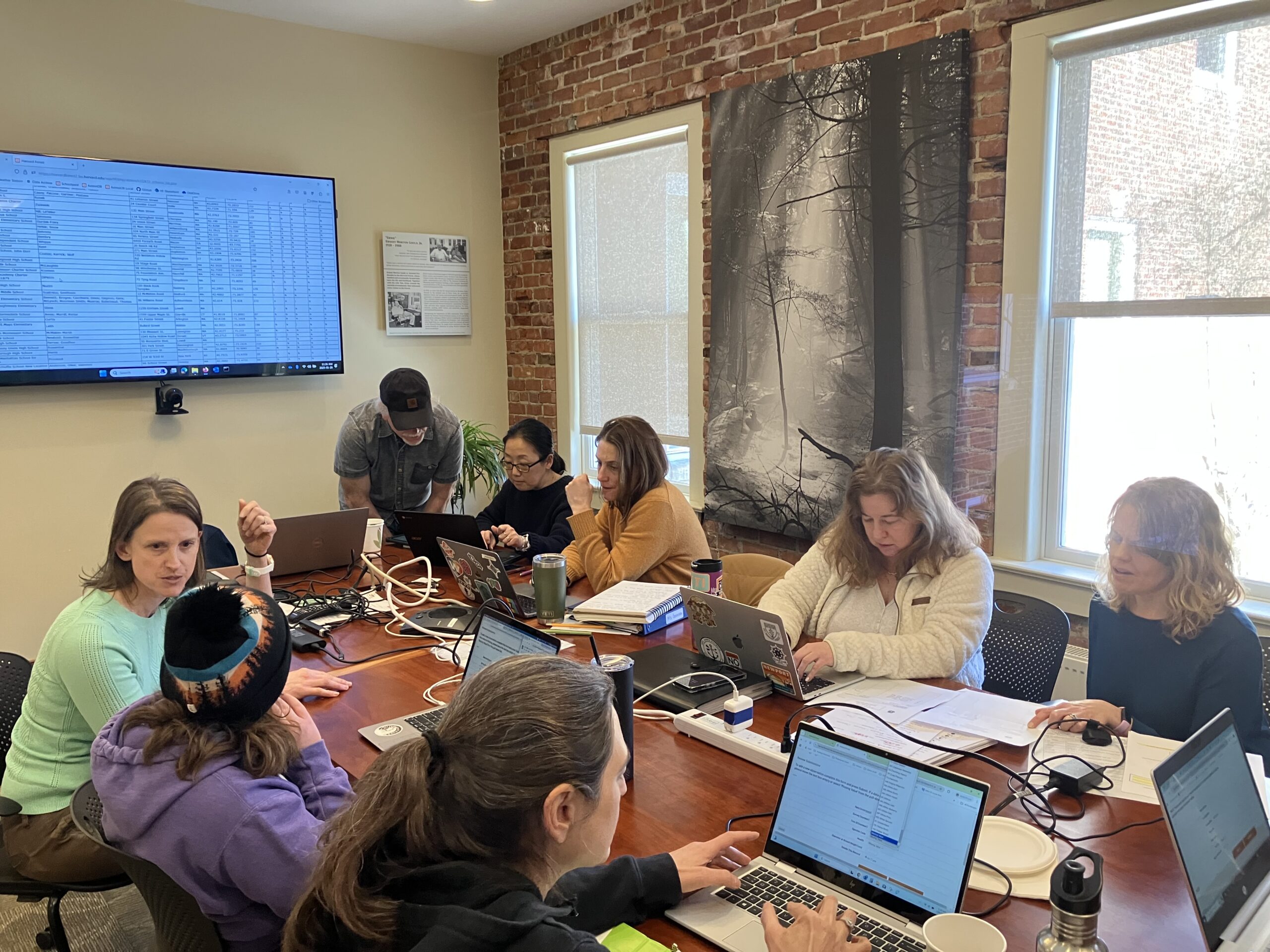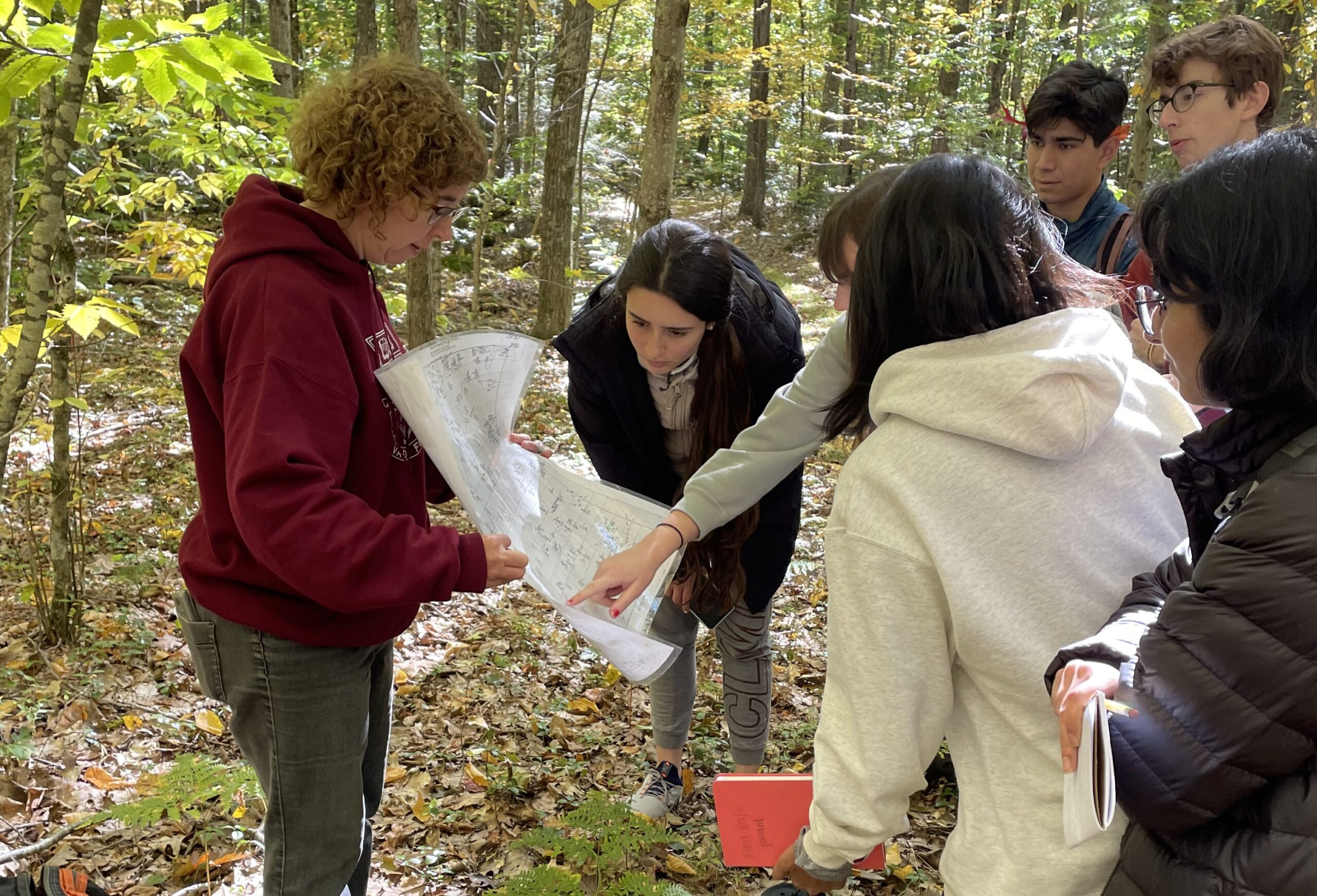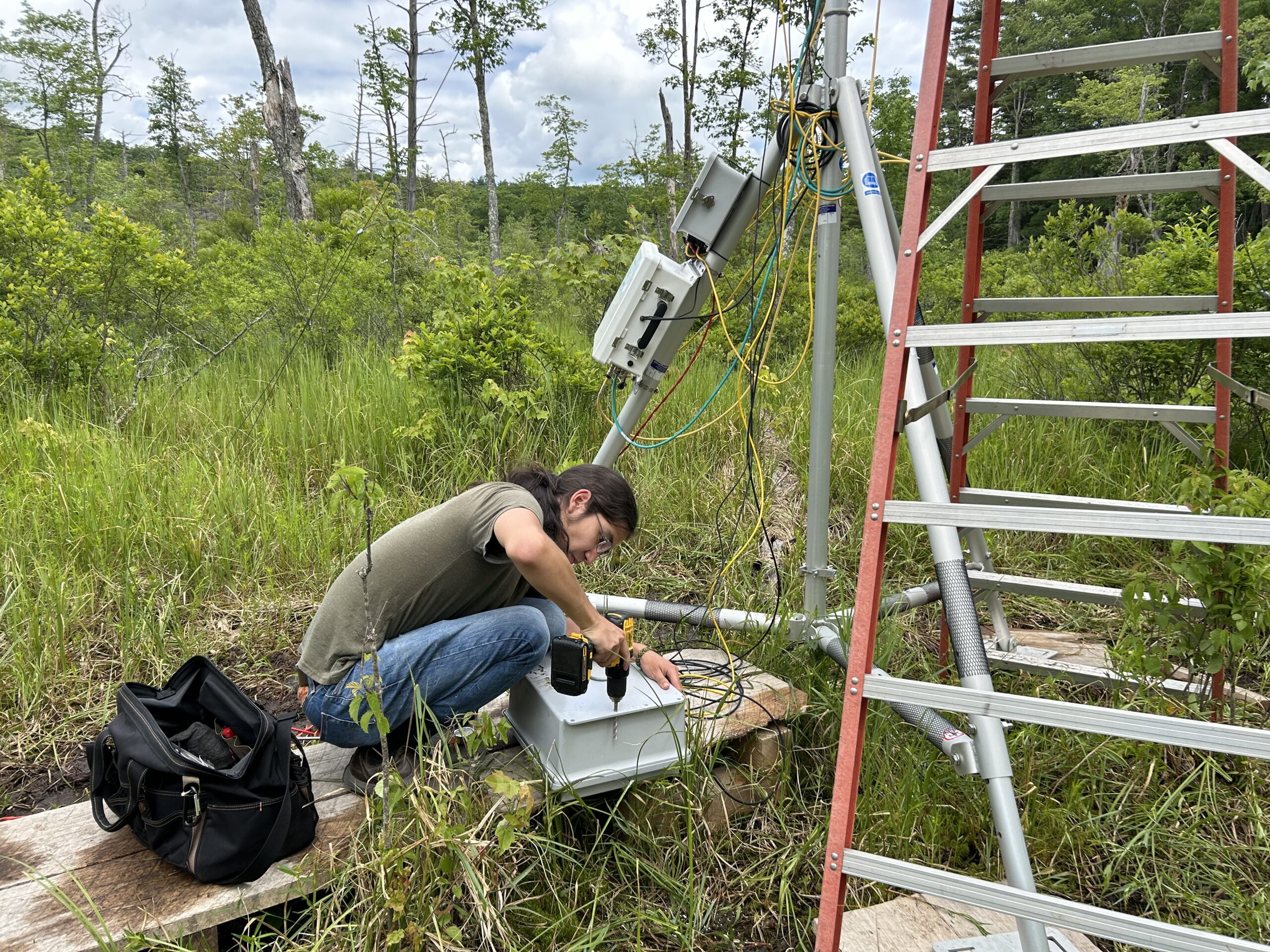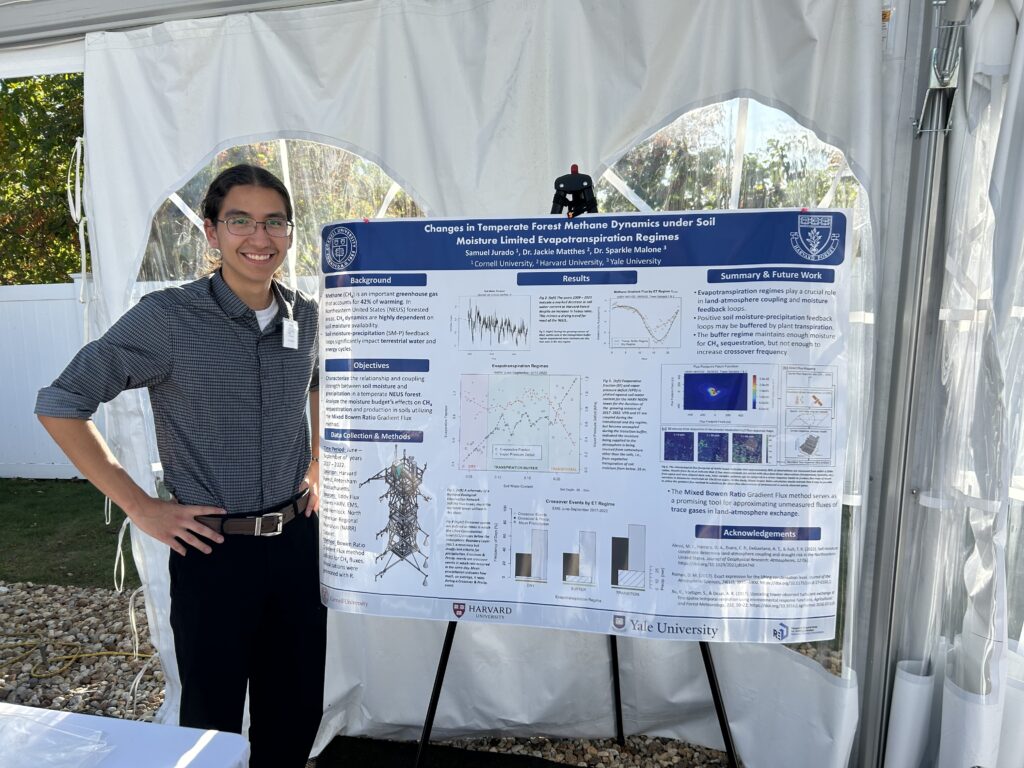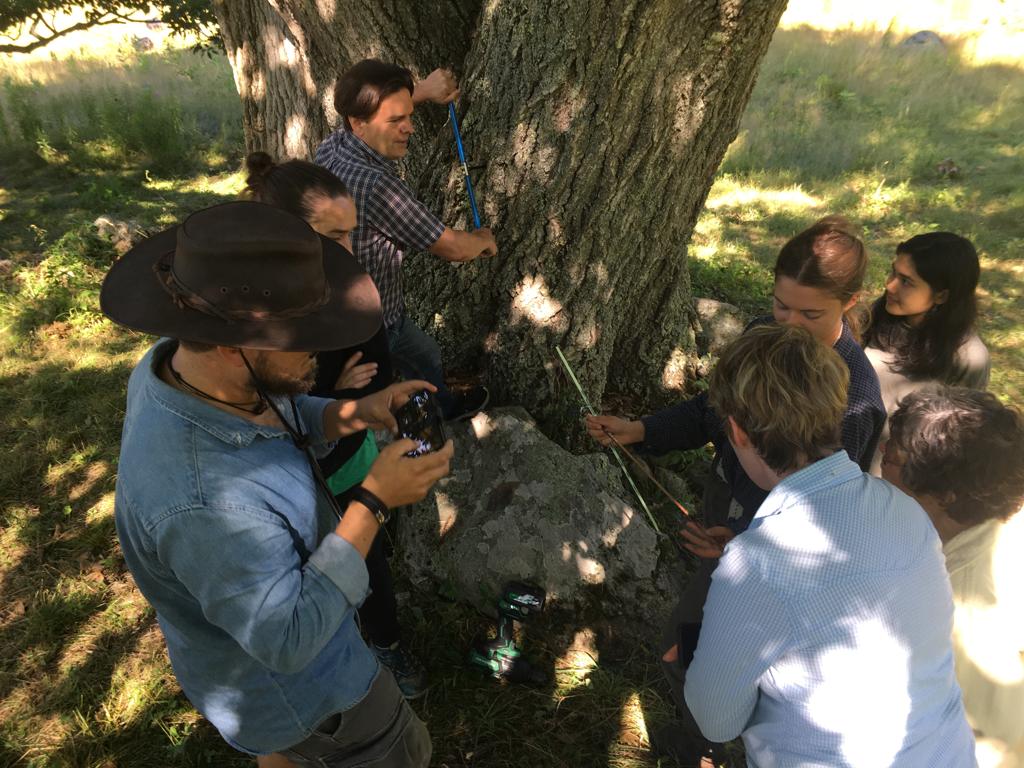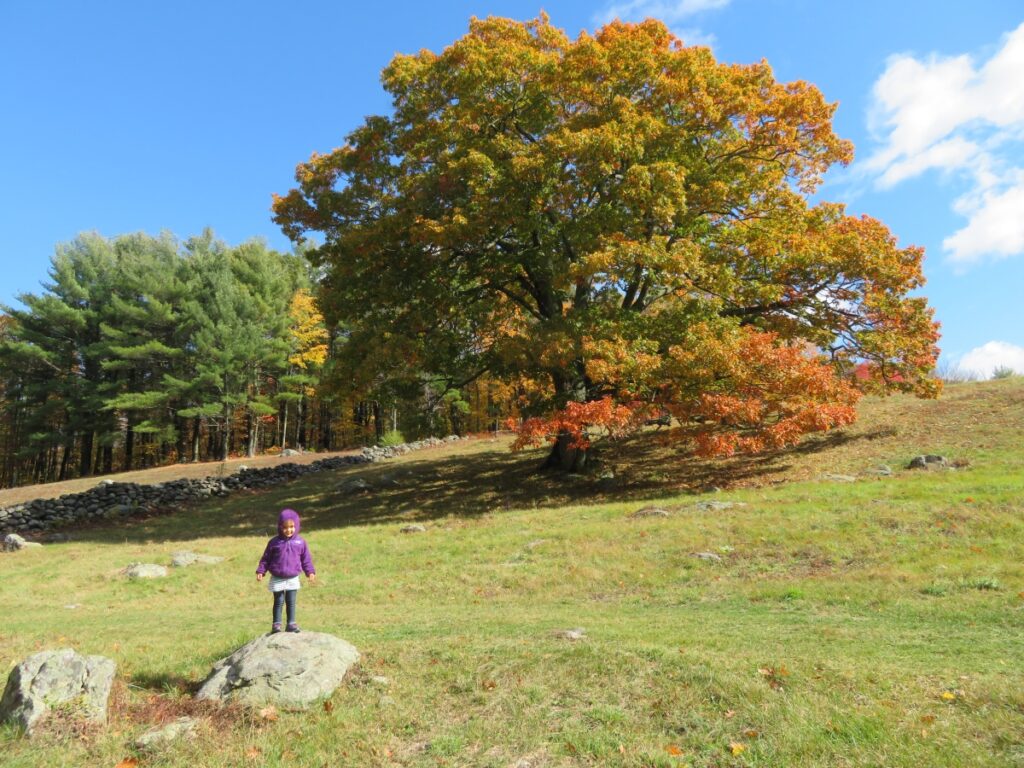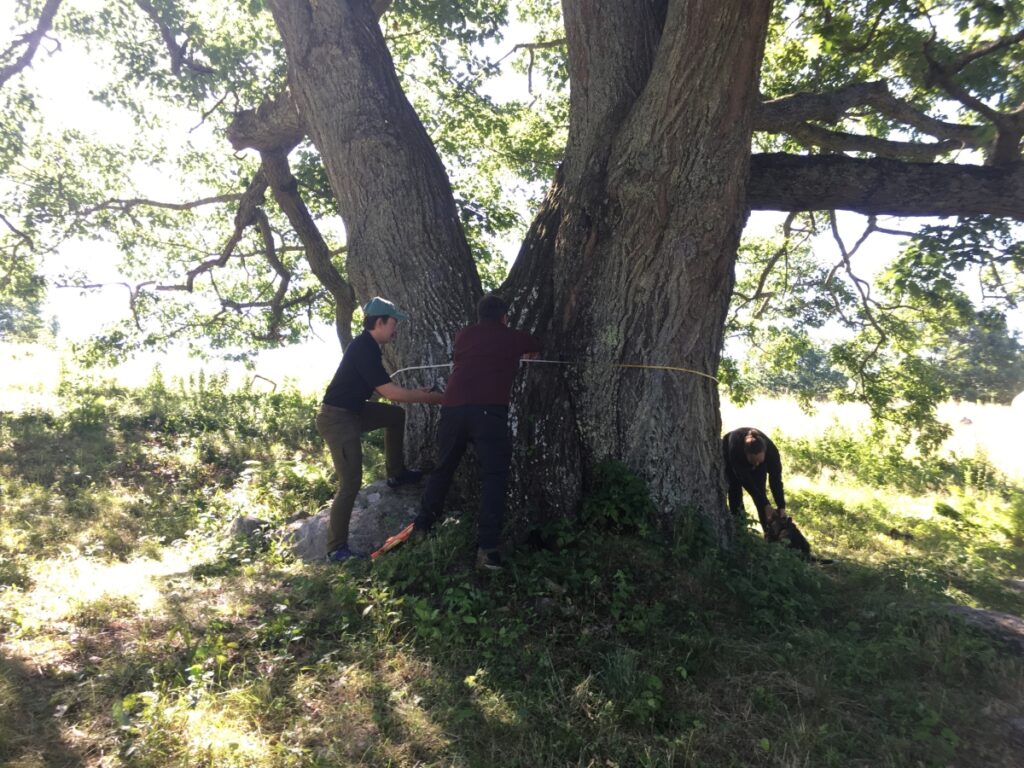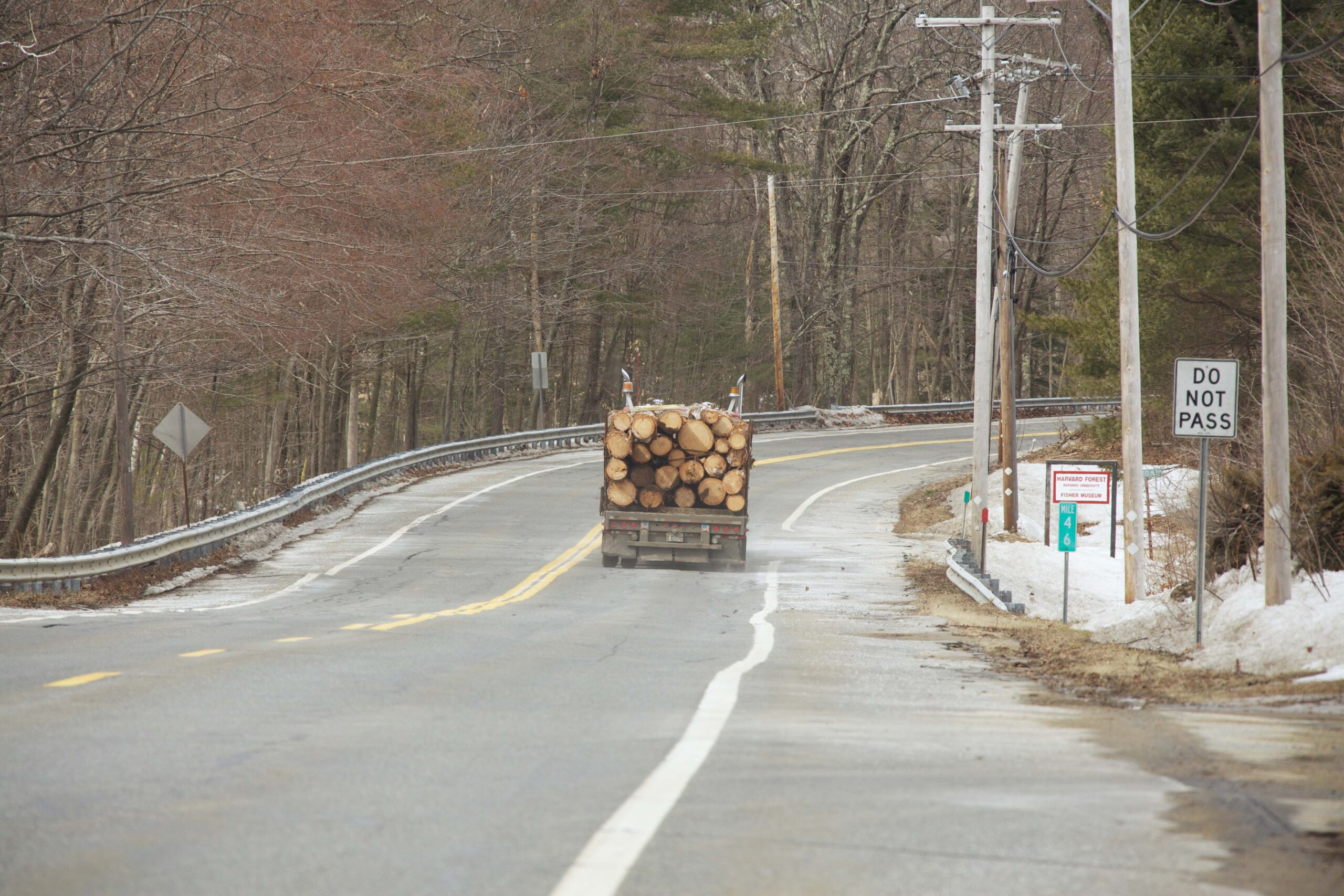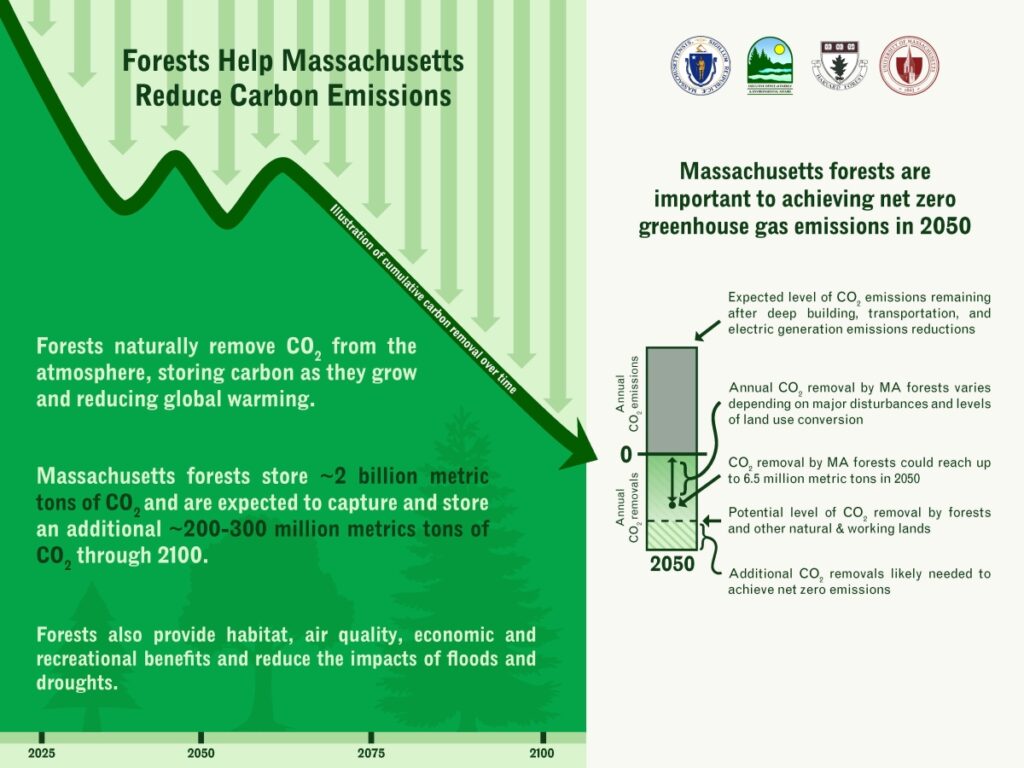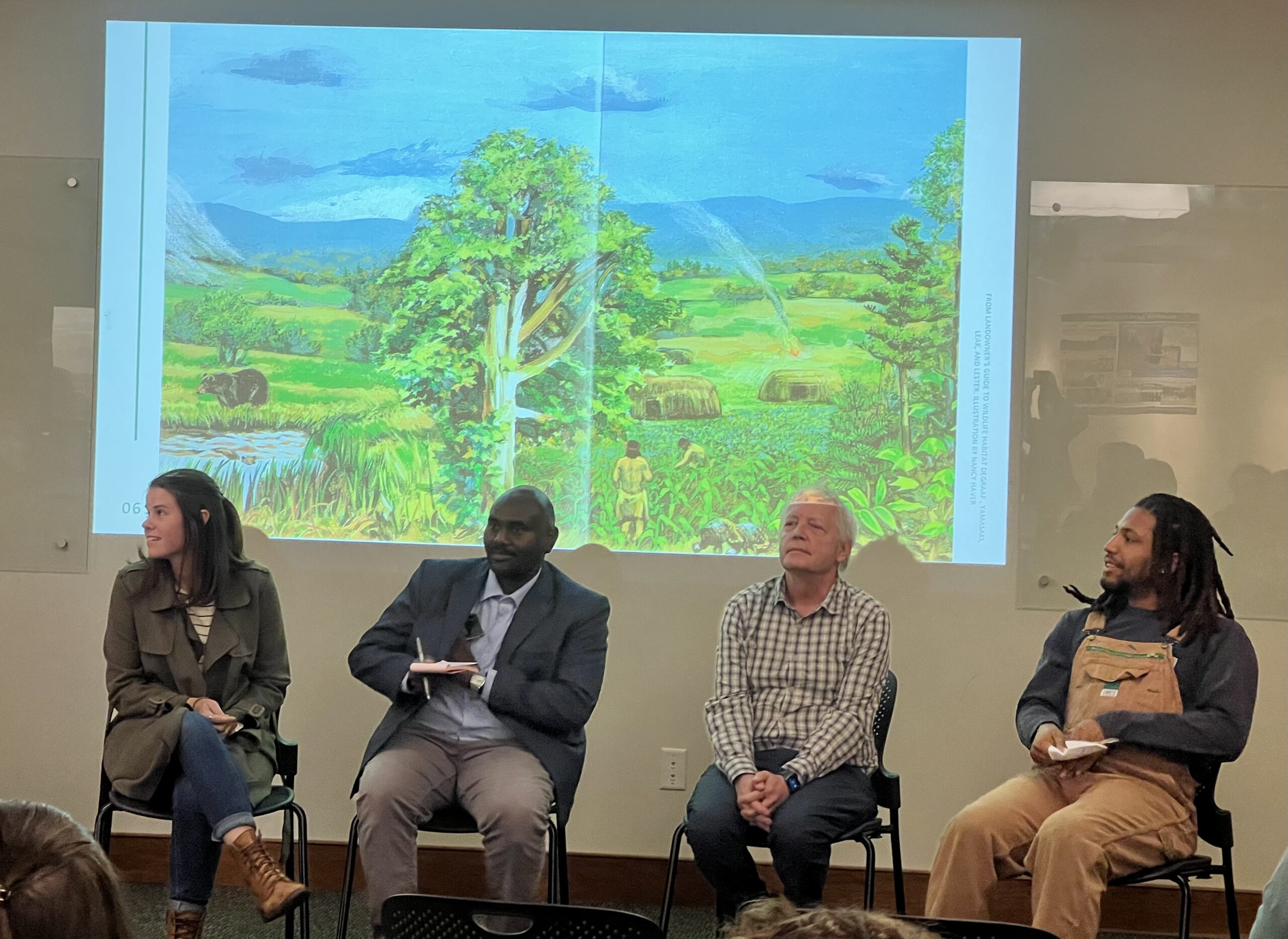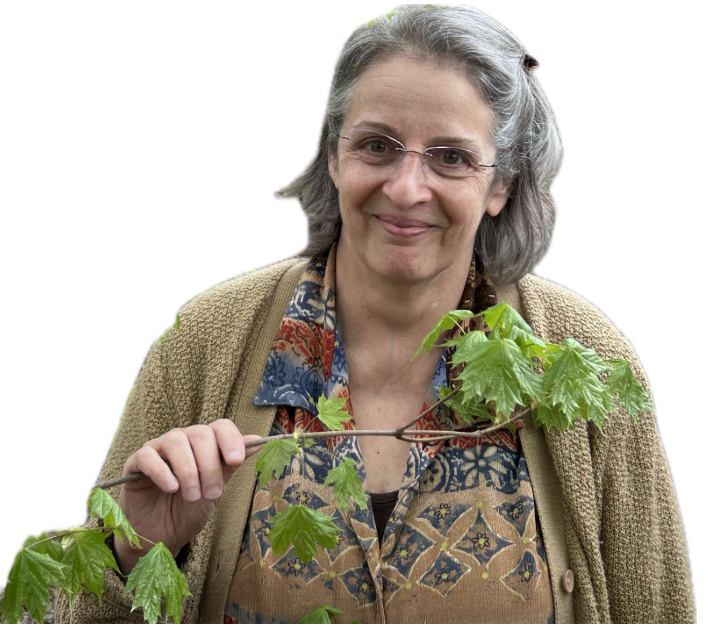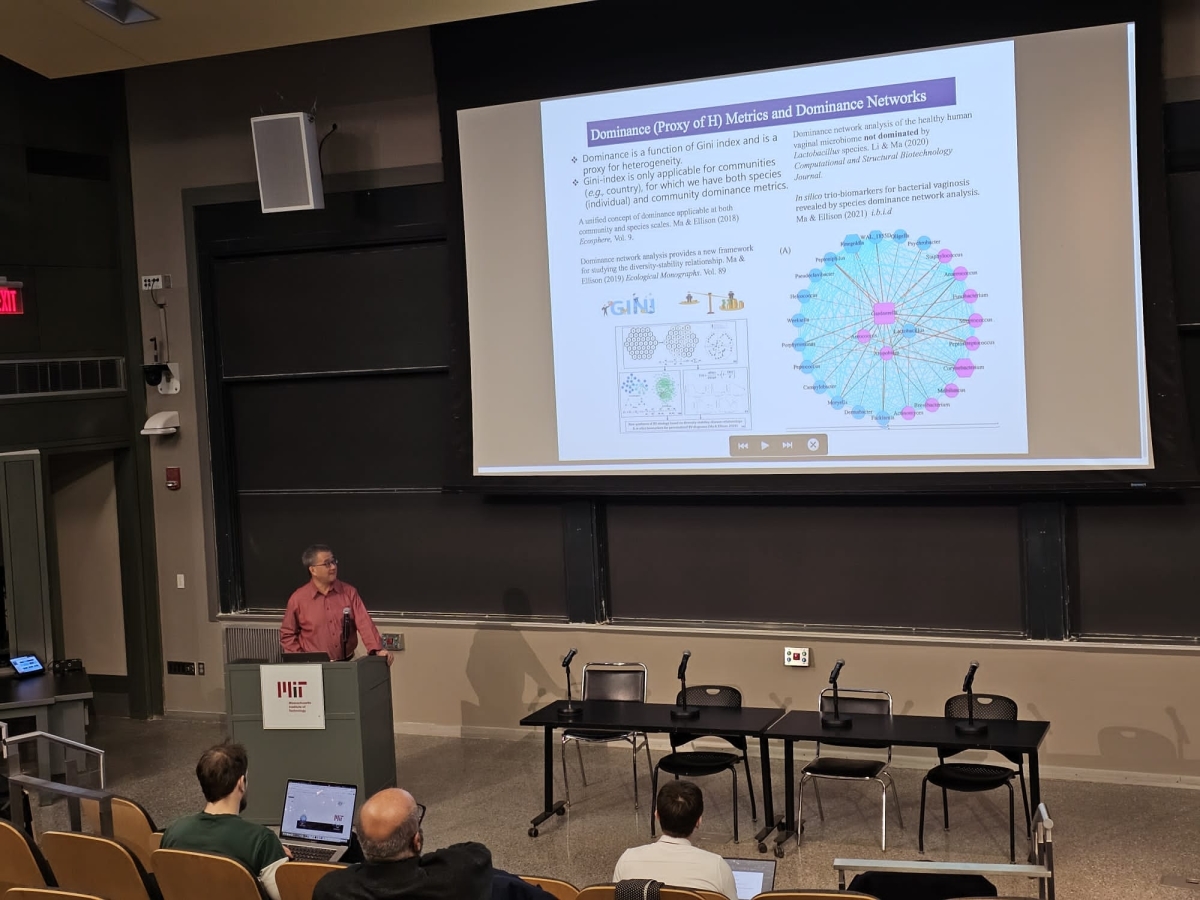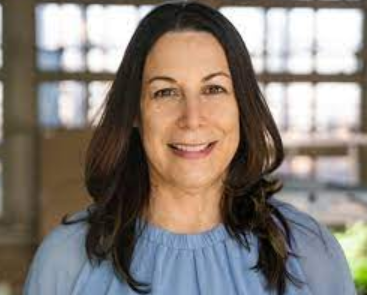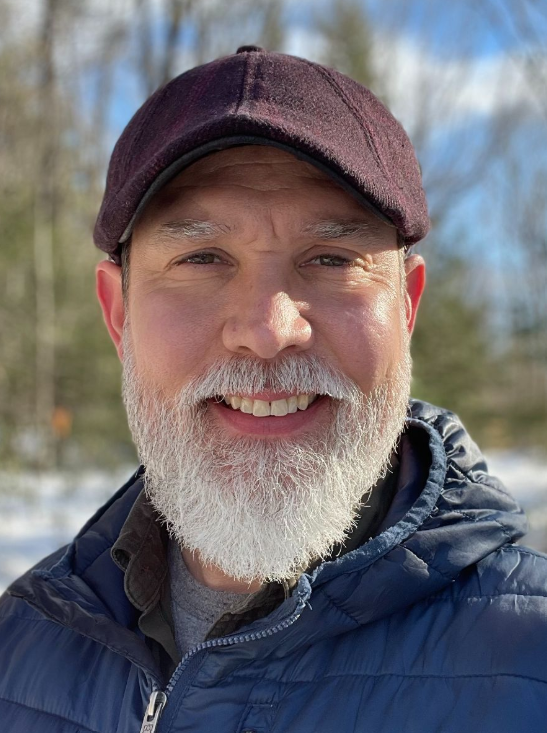On March 18, Harvard Forest hosted its annual research symposium, entitled “Future Directions of Research and Education at the Harvard Forest.” Hosting roughly 100 individuals in person and even more online, this year’s event included a variety of presentations that focused on new research projects, recent findings, and strategies towards continuing long-term research in the current funding climate.
Spanning topics both above and below-ground, presenters shared insight on root microbe partnerships, the greenhouse gas potential of disturbed soils, global change drivers, adaptive tree growth, trees as a part of larger ecosystem resilience, and more.
